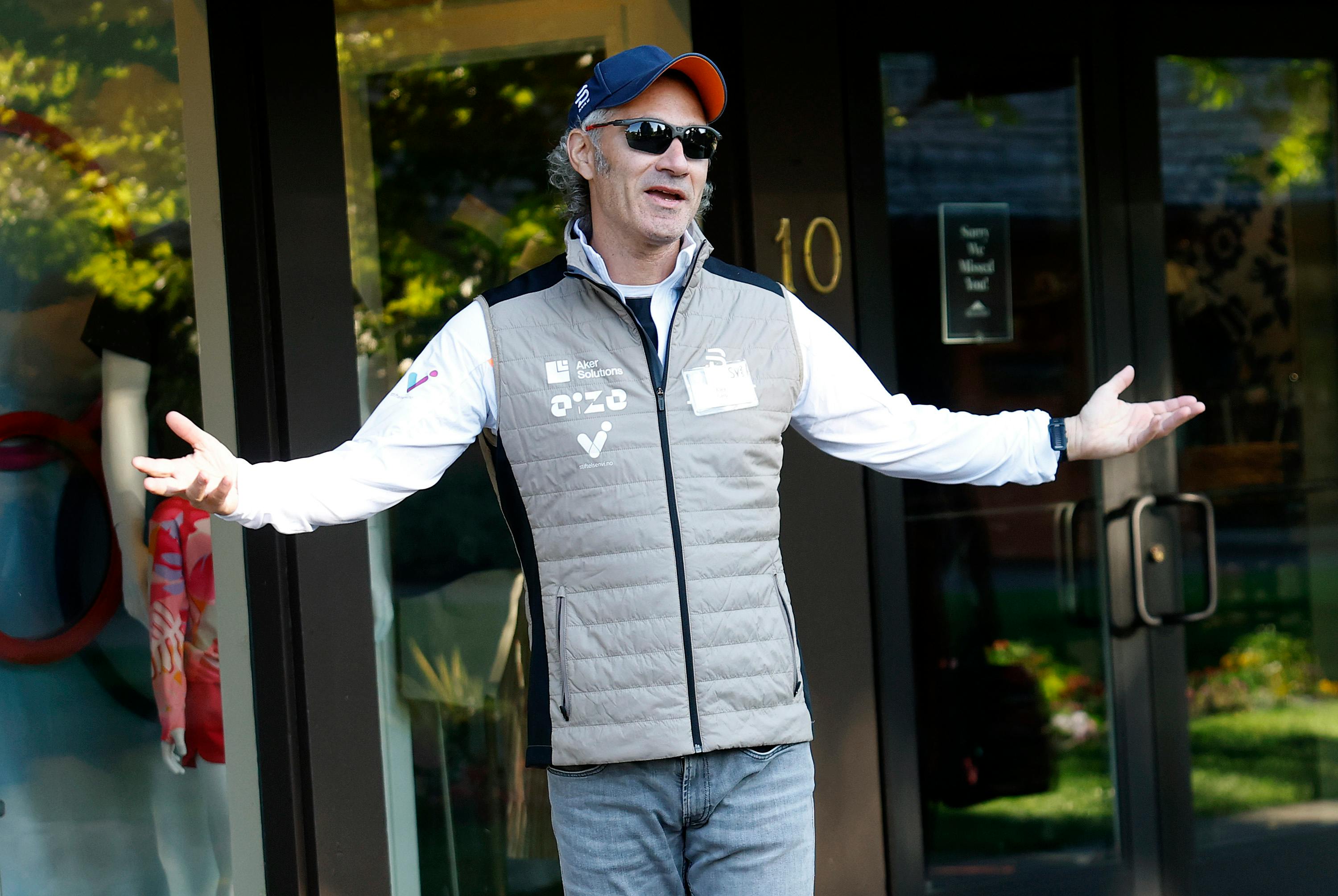Palantir slips under 50-day moving average amid momo reversal
What goes up doesn’t always keep going up.
Palantir shares are getting bruised by the momentum-driven sell-off washing over the stock market Friday, with its slide pushing the price well below the 50-day moving average.
In fact, Palantir is down more than 18% from the high levels it hit in early August, a drop that earlier this week forced it to cede its crown as the top-performing issue in the S&P 500 this year.
The slump Friday comes amid another down day for so-called momentum stocks. (Momentum is one of the “factors” adherents of factor investing try to manipulate to optimize their portfolios. It’s essentially a catchall for stocks that have been going up for a while.)
Palantir is one of them. The company has been one of the more remarkable investments in recent memory, rising roughly 2,000% over the last three years and creating about $340 billion in stock market wealth — with the vast majority of those gains generated over the last 12 months.
Why has it done so well?
Well, the provider of national defense data services and AI software for corporate clients is clearly a great company delivering outstanding results. (See our coverage of its most recent earnings results for example.)
In fact, its rather brash executive suite continuously touts the fact that its growth and free cash flow profitability are roughly double the so-called “Rule of 40” that the company targets as the ideal mix of growth and profit. (Jonathan Weil over at The Wall Street Journal has good explainer on the Rule of 40 here.)
But one way to interpret the recent wobble in the “software as a service” (SaaS) company’s share price is that the market is starting to question how long such high levels of growth and profitability can persist.
After all, standard economic theory suggests that high growth and high profitability act almost as the chum of capitalism, attracting the attention of would-be predatory competitors from far and wide.
How quickly that competition shows up depends on how high the barriers to entry are for others.
But as today’s big news from Broadcom suggests, even dominant players like Nvidia ultimately face competitive threats.
Surely, some investors might be considering whether companies like Palantir will face chippier competition in the future. As it turns out, they are. Reflecting such concerns, William Blair analysts wrote in a note on Friday:
“While Palantir continues to experience major momentum, some investors are concerned about how the competitive landscape evolves five years from now with OpenAI and peers rapidly raising capital, poaching talent, emulating the forward deployed engineer model, and aggressively pursuing the enterprise and defense end markets.”
Other big SaaS companies have also been elbowing into Palantir’s lane. For instance, Salesforce CEO Marc Benioff recently talked up his compay’s ability to snatch an Army contract from Palantir, telling CNBC:
“We had a tremendous success against Palantir, because, by the way, our prices are just so much lower,” Benioff said. “We’re offering a very competitive product as a much lower cost.”
That doesn’t mean Palantir is poised to have its lunch eaten by competitors any time soon. But even a modest reduction in a company’s growth and profit trajectory can have an outsized impact on a stock like Palantir, which, even after the recent sell-off, remains insanely richly valued.
Nor does it mean that Palantir’s share price is doomed to fall from here. We saw a very similar sell-off in momentum shares set in back in February that stretched through April, before retail traders rushed in to buy the dip and realize strong gains as the market recovered in the following months.
But it stands to reason that if the risks of competition are starting to creep into the minds of investors, that could be an important — and perhaps overdue — shift in the psychology of traders away from gauzy fantasies about a highly profitable AI future inevitably dominated by today’s market leaders like Nvidia and Palantir.
And if investors are starting to think about pesky considerations like competition, it might (might!) complicate the knee-jerk, buy-the-dip momentum trading dynamic that’s been so important to the market’s resilience over the last year.
